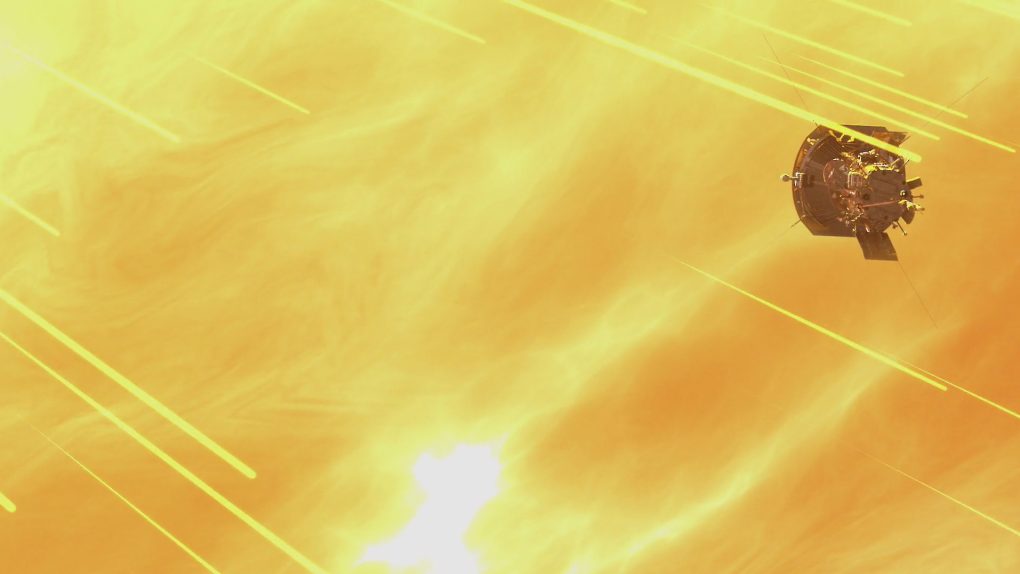NASA’s much-hyped mission to “touch the Sun” has only been underway for a couple of months, but it’s already achieved something that no other spacecraft before it has. The plucky Parker Solar Probe is now closer to the Sun than any other spacecraft before it, coming within 26.55 million miles of our star on October 29th, and of course it’s still pushing onward.
Its current distance from the Sun is still quite large, but that’ll change as the probe continues to creep closer and closer, eventually reaching just a few million miles from the center of the Solar System. Its closest approach should bring it within 3.83 million miles of the star, which is why the spacecraft had to be outfitted with such extraordinary protection technology.
“It’s been just 78 days since Parker Solar Probe launched, and we’ve now come closer to our star than any other spacecraft in history,” Andy Driesman, project manager of the mission, said in a statement. “It’s a proud moment for the team, though we remain focused on our first solar encounter, which begins on Oct. 31.”
The spacecraft will begin its first distant pass of the Sun on October 31st and reach its closest point (of this particular pass) on November 5th. The probe will continue to make passes of the Sun for several years, and it won’t reach its closest point until sometime in 2024. Along the way, the probe will send back all kinds of data and readings as it studies the Sun’s outer atmosphere and helps scientists better understand what makes it tick.
The probe will continue to break records along the way, with each pass breaking new ground for human scientific efforts. So you should do your best to get familiar with the mission, because you’re no doubt going to be hearing a whole lot about it over the next half decade or more.








